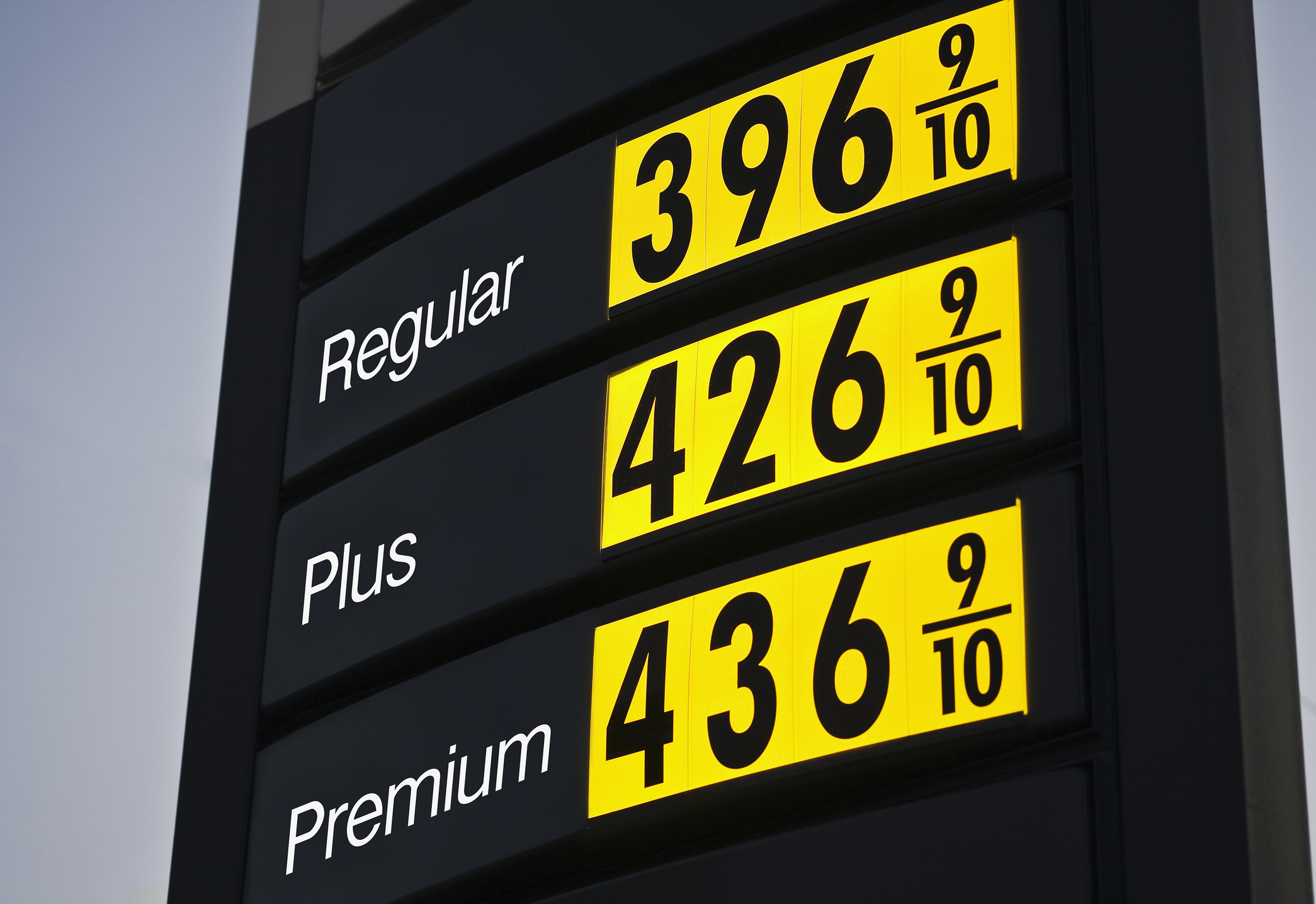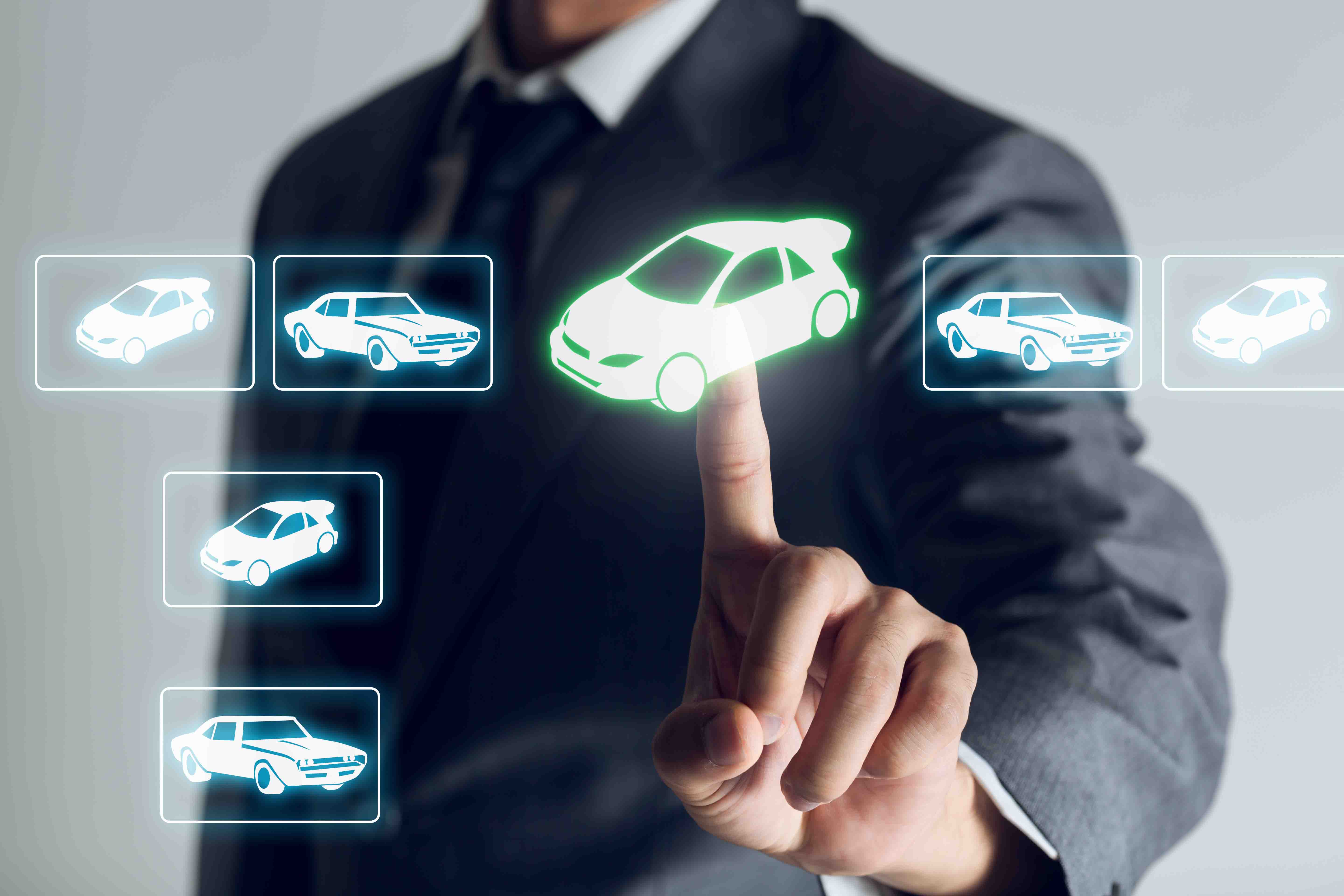Electric Reality Check
Waiting lists for the Volt and Leaf are long, and early sales are confined to a few areas.

Profit and prosper with the best of Kiplinger's advice on investing, taxes, retirement, personal finance and much more. Delivered daily. Enter your email in the box and click Sign Me Up.
You are now subscribed
Your newsletter sign-up was successful
Want to add more newsletters?

Delivered daily
Kiplinger Today
Profit and prosper with the best of Kiplinger's advice on investing, taxes, retirement, personal finance and much more delivered daily. Smart money moves start here.

Sent five days a week
Kiplinger A Step Ahead
Get practical help to make better financial decisions in your everyday life, from spending to savings on top deals.

Delivered daily
Kiplinger Closing Bell
Get today's biggest financial and investing headlines delivered to your inbox every day the U.S. stock market is open.

Sent twice a week
Kiplinger Adviser Intel
Financial pros across the country share best practices and fresh tactics to preserve and grow your wealth.

Delivered weekly
Kiplinger Tax Tips
Trim your federal and state tax bills with practical tax-planning and tax-cutting strategies.

Sent twice a week
Kiplinger Retirement Tips
Your twice-a-week guide to planning and enjoying a financially secure and richly rewarding retirement

Sent bimonthly.
Kiplinger Adviser Angle
Insights for advisers, wealth managers and other financial professionals.

Sent twice a week
Kiplinger Investing Weekly
Your twice-a-week roundup of promising stocks, funds, companies and industries you should consider, ones you should avoid, and why.

Sent weekly for six weeks
Kiplinger Invest for Retirement
Your step-by-step six-part series on how to invest for retirement, from devising a successful strategy to exactly which investments to choose.
Now that the first two "mass market" electric vehicles -- the Chevrolet Volt and Nissan Leaf -- are officially on sale, should you join the early adopters?
EVs are the greenest of the green vehicles available today. They're pricey, but in exchange for the stiff upfront cost, you get a virtually pollution-free vehicle, off-the-chartsfuel economy and reduced maintenance. Uncle Sam offers a $7,500 tax credit, and several states have their own credits and rebates.
Not so fast. Waiting lists for the Volt and Leaf are long, and sales are confined to just a few areas of the country. The Volt will initially be sold only in California, the New York City metropolitan area, Washington, D.C., and Austin, Tex., with the rest of New York and Texas, plus New Jersey, Michigan and Connecticut to be added soon after. Production will be limited to about 10,000 in 2011. Global production of the Leaf in the coming year will be capped at 50,000, and early sales will be limited to seven states: Arizona, California, Hawaii, Oregon, Tennessee, Texas and Washington. By April, sales will include seven more states, plus Washington, D.C.
From just $107.88 $24.99 for Kiplinger Personal Finance
Become a smarter, better informed investor. Subscribe from just $107.88 $24.99, plus get up to 4 Special Issues

Sign up for Kiplinger’s Free Newsletters
Profit and prosper with the best of expert advice on investing, taxes, retirement, personal finance and more - straight to your e-mail.
Profit and prosper with the best of expert advice - straight to your e-mail.
If you manage to snag one, you'll need a charging dock installed in your home. It takes eight hours to fully charge the Leaf at a 220-volt dock; the Volt charges in four hours. Nissan says the average cost, including the unit and installation, is about $2,200, but the feds offer a tax credit of up to $2,000 on purchase and installation. If your home was built before 1990, you may need to upgrade your system to handle more amps, and it may be a hassle to get the necessary permits and inspections.
Another concern for EV buyers is range. The Leaf, for example, can go just 73 miles on a charge, according to the Environmental Protection Agency, but light-footed drivers should be able to go farther. For most drivers, "range anxiety" shouldn't be a problem; according to Nissan, 72% of typical consumers drive fewer than 50 miles per day during the week. The Volt can travel 379 miles because it has a gasoline engine that generates electricity after the battery runs out of juice.
On the road. On a recent test drive, the Leaf (starting price: $32,780) made good on the promise of instant torque delivery, easily zipping up to highway speeds. With no gas engine, the only noise comes from the road and a slight whine from the electric motor. Off the highway, the small hatchback negotiates curves with ease. There's no drop in throttle powering up hills, and the brakes don't waver on the way down. Inside, there's plenty of room for five adults. At its EPA-rated 99-miles-per-gallon equivalent, the Leaf costs $396 a year to charge --- assuming you pay 11 cents per kilowatt-hour and drive 15,000 miles. (The Toyota Prius, which gets 50 mpg combined, costs $900 per year to fuel with gas at $3 a gallon.)
The Volt ($41,000) offers about 35 miles of pure EV driving, and after that a gas engine kicks in. The production model kept much of the concept car's cool, with a sleek exterior and futuristic interior that seats four. Tight handling, good road feel and decent speed add to the package. In a mix of battery and gas-engine-assisted driving, the EPA expects the Volt to get 60 mpg, for an annual fueling cost of less than $1,000.
Both the Leaf and the Volt come fully loaded with safety equipment -- anti-lock brakes, stability and traction control, and plenty of airbags -- plus bells and whistles such as navigation, Bluetooth, satellite radio and USB connections for music.
As more EVs go into production, prices should start to fall. The Leaf and Volt will be available nationwide within a year or so, and by then, the electric Ford Focus and Mitsubishi "i" will be on sale, too. Plus, you'll see more public charging stations at places you'll be parked for a while.
Profit and prosper with the best of Kiplinger's advice on investing, taxes, retirement, personal finance and much more. Delivered daily. Enter your email in the box and click Sign Me Up.

-
 How Much It Costs to Host a Super Bowl Party in 2026
How Much It Costs to Host a Super Bowl Party in 2026Hosting a Super Bowl party in 2026 could cost you. Here's a breakdown of food, drink and entertainment costs — plus ways to save.
-
 3 Reasons to Use a 5-Year CD As You Approach Retirement
3 Reasons to Use a 5-Year CD As You Approach RetirementA five-year CD can help you reach other milestones as you approach retirement.
-
 Your Adult Kids Are Doing Fine. Is It Time To Spend Some of Their Inheritance?
Your Adult Kids Are Doing Fine. Is It Time To Spend Some of Their Inheritance?If your kids are successful, do they need an inheritance? Ask yourself these four questions before passing down another dollar.
-
 10 Things You Should Know About Buying a Car Today, Even if You've Bought Before
10 Things You Should Know About Buying a Car Today, Even if You've Bought BeforeIf buying a car is on your to-do list, and it's been a while since you went shopping for a new one, this guide will help avoid any nasty shocks in the showroom.
-
 Get the Best Car Deal in Retirement: Here's the Trick
Get the Best Car Deal in Retirement: Here's the TrickPlanning on shopping for a new car this Labor Day weekend? Here’s how to haggle for a better price, even though you're retired.
-
 7 Gas-Saving Tips That Actually Work
7 Gas-Saving Tips That Actually WorkThese are gas-saving tips that will actually work for you and your car this year.
-
 Want to Lease an EV? The Tax Credit 'Loophole' for That Is Going Away Soon
Want to Lease an EV? The Tax Credit 'Loophole' for That Is Going Away SoonTax Credits If you are deciding whether to lease or buy an electric vehicle, here is what you need to know about how the EV lease tax credit works now that it will be eliminated under Trump's new tax law.
-
 Car Buying in a Topsy-Turvy Market
Car Buying in a Topsy-Turvy MarketYou need a new car? Good luck with that! What should you do? We've got some answers.
-
 Watch Out for Flood-Damaged Cars from Hurricane Ian
Watch Out for Flood-Damaged Cars from Hurricane IanBuying & Leasing a Car In the wake of Hurricane Ian, more flood-damaged cars may hit the market. Car prices may rise further because of increased demand as well.
-
 Car Buyers: The 3-Day Grace Period Is Just a Myth!
Car Buyers: The 3-Day Grace Period Is Just a Myth!Buying & Leasing a Car Many car buyers think they have three days after making a purchase to return a car. Here’s where they’re going wrong, and what they should do instead to get a decent used car.
-
 PODCAST: Car-Buying in an Inflated Market with Jenni Newman
PODCAST: Car-Buying in an Inflated Market with Jenni NewmanBuying & Leasing a Car With cars both scarce and expensive these days, what to do if you want – or need – a new ride? Car-buying strategist Jenni Newman of Cars.com shares some tips. Also, more on the magical 9% savings bond.